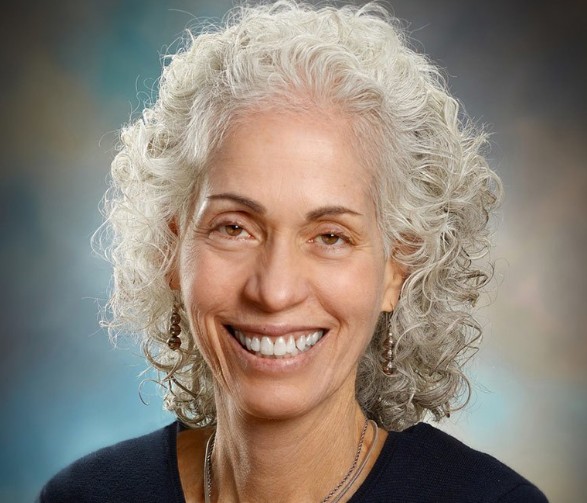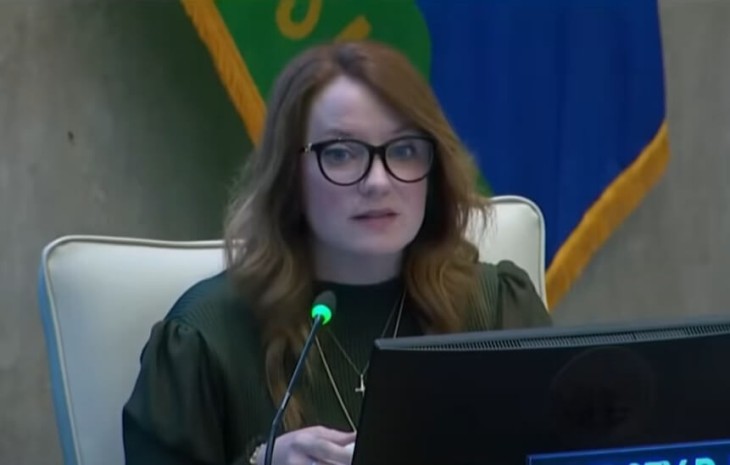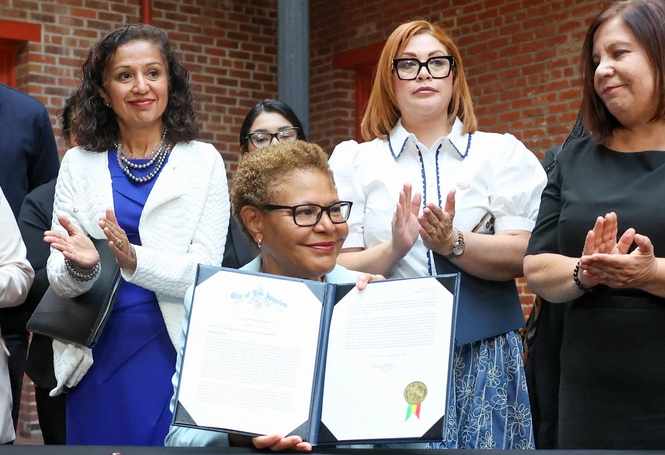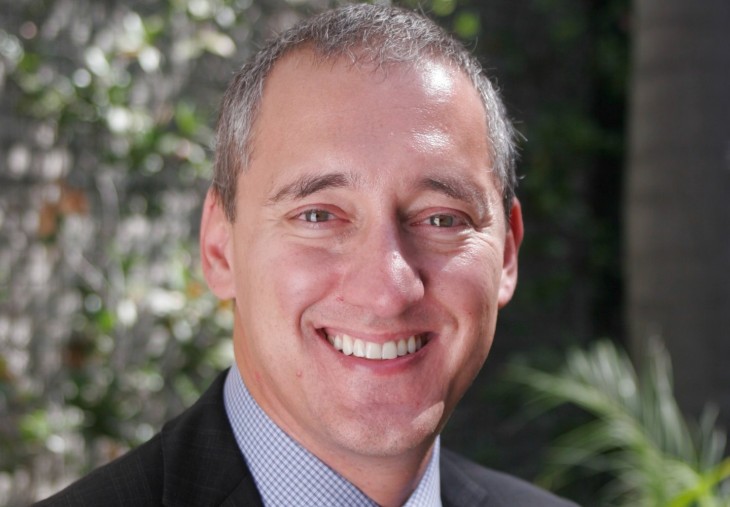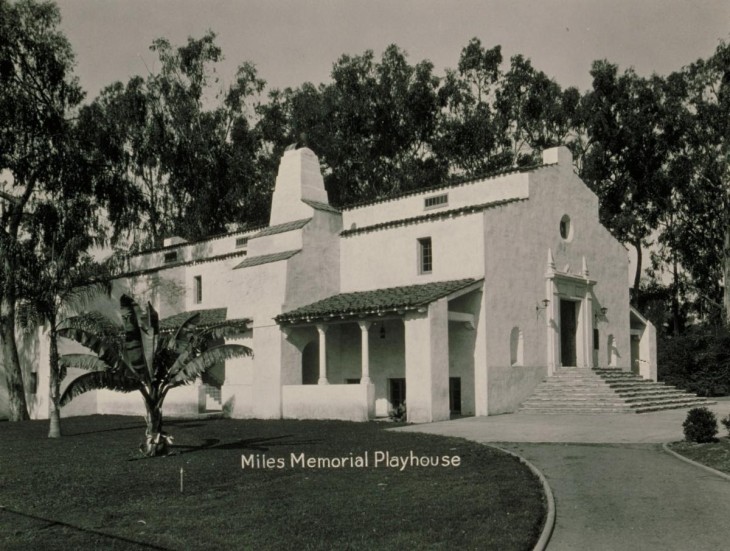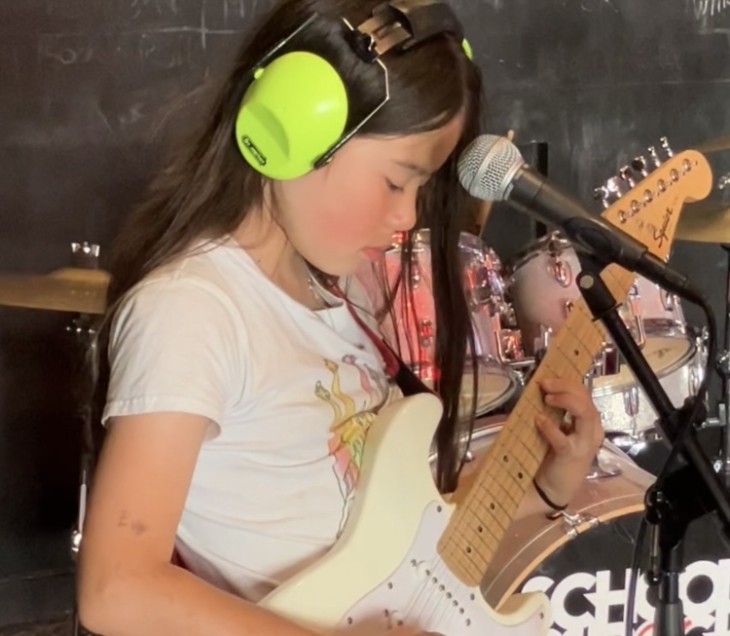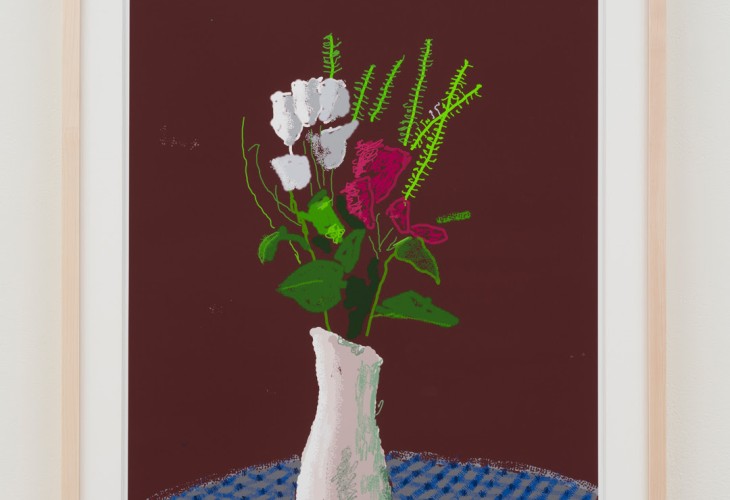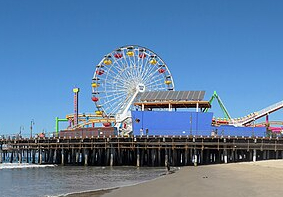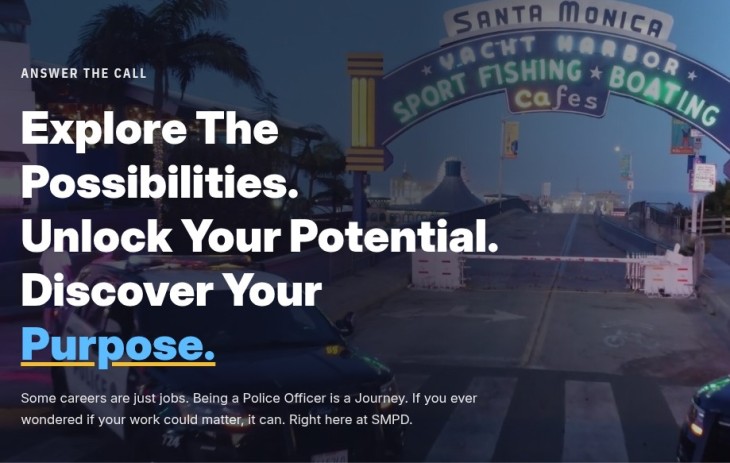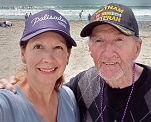William Goldstein, a true Renaissance man, was born with the rare gift of genius that was manifesting by the time he was three years old when he could sit down at the piano and play by ear. By the time he was eight, he would go to the movies and was able to play songs and themes after seeing the film just once.
His musical accomplishments, which span all musical genres, are legion, scoring 50 film and TV projects, including 48 episodes of “Fame,” Disney’s “The Miracle Worker,” “Twilight Zone,” and “Shocker.”
He is a founder of the Museum of Contemporary Art in Los Angeles, a director of the California State Summer School for the Arts, and serves on both the Music Branch Executive Committee and Foreign Language Committee of the Academy of Motion Picture Arts and Sciences.
Goldstein also achieved prominence as an innovator of new technology and pioneered the first completely computer sequenced direct digital score for a Peter Guber project called “oceanQuest” which CBS Masterworks released as “Oceanscape,” and created the first full musical score for an interactive computer game called “King’s Quest Four” which revolutionized that industry. He is also a roving ambassador for the Academy and lectures all over the world on contemporary aesthetics and the role of music in film.
Goldstein recently sat down with your reporter in his studio for an exclusive interview and the following has been edited for content and continuity.
What happened when you were nine years old at Columbia University?
Goldstein: I was there for an interview and an evaluation with Professor Raymond Burrows at the Teachers College at Columbia because I was a child prodigy. But we should back up before then. I grew up in a non-musical family. We didn’t have a piano in the house. My mother couldn’t carry a tune, but she liked classical music. My parents were in the hotel business and during the summer, we lived in the summer hotel where there was a piano. I was told that when I was three or four I started picking out stuff on the piano. My parents moved into the house I grew up in when I was nine. Before that we lived in a two-story house and the girl downstairs had a piano so I could play occasionally, but my parents didn’t buy me a piano until I was eight. I remember that when I was eight, my parents went to California and we were at my great aunt’s house in Stockton for two months. She had a piano and I had a tremendous breakthrough. That summer I was going to the movies and going home and playing scores, themes, and songs I heard. What I imagine happened, because I don’t really know, is that some of the very sophisticated guests at our summer hotel said that my parents had to do something about this kid which is how I wound up going to Columbia University for that evaluation, which I remember very well.
What was the result of that meeting?
Goldstein: Burrows ideally wanted me to go a conservatory. In the old days, you sent your kids to live in a host home in Moscow or Berlin, but that wasn’t going to fly. He said if I couldn’t study full time, how about once a week in the prep division. The prep division met on Saturday but my folks were Orthodox Jews so that wasn’t going to fly either. Burrows said he would get me a teacher at a convenient time.
He really wanted to see that you got the proper training.
Goldstein: Oh yes. He said something that blew me away. You know I didn’t feel special. I just did what I did. But, at the end of this evaluation period, my mother said it wasn’t practical for us to do any of these things and Burroughs looked at her straight in the eyes and said, ‘Trying to stop him would be like trying to stop the river heading to the sea.” My mother did try to find someone in Lakewood (New Jersey) to teach me the piano but I was already playing and the only teacher she could find, who was a Julliard graduate, told me that I had to stop playing by ear. Well, if I heard something, I played it. That was never going to stop. So that lasted just a couple of weeks and that was it. So, I’m a classically trained pianist who never took piano lessons.
When did you learn to read music?
Goldstein: Reading music came much later. I think in eighth grade I started playing trumpet so I read treble clef, but I didn’t learn how to read bass clef until I was close to sixteen or seventeen. When I was 18, I was able to write my first orchestral work, which was performed when I was nineteen and made the front page of the Asbury Park Press and I said to myself I can do all this without studying composition.
Given that you were a child genius, did you live a rarified life?
Goldstein: I lived a rather normal life except I was one of the youngest kids in my class but I was one of the most emotionally insensitively developed, but I didn’t know that. How could I know it? So, outside of the fact that I could sit down at the piano and do stuff, I played tackle football with the other kids, went sledding in the winter, and during the summers I was a really good belly surfer. In high school, I was voted the most talented in my class.
What did you do after you graduated college?
Goldstein: I was fortunate enough to become composer in residence during the Vietnam War for the United States Army Band in Washington D.C. and was commissioned to write music including a trombone concerto when I was 25. It is the most performed trombone piece and has been recorded eight or nine times by principal trombonists around the world and this year was selected by the International Trombone Association as the their competition piece. Eventually, I signed a contract with Columbia Pictures/Screen Gems in New York so I was with their publishing company, which was the place to be. It had everybody including Carole King.
How did Motown’s Berry Gordy find you?
Goldstein: The Screen Gems thing led to my first movie and then I did a lot of work for ABC Television and the connection with Berry Gordy came about when I was asked to write the theme music for the morning show, “AM America.” I was also doing a lot of commercials and Gordy got in touch with me to do a singles deal where I would produce as well as be an artist and composer.
Did you enjoy all of those roles?
Goldstein: I enjoyed everything. During the period when I was Motown artist, I had just done my first movie score and the National Symphony was premiering my “Celebration Overture – 1776-1976,” so I was wearing three hats – movie composer, disco artist on Motown, and symphony composer.
Are you equally at home playing jazz and classical and who are some of the composers who influenced you?
Goldstein: I play jazz, but I would not call myself a jazz artist. You might say I’m equally as uncomfortable with jazz and classical because I don’t fit in anywhere. All the great classical composers have influenced me. I was improvising inventions at the keyboard, which are little Baroque pieces with a couple of ideas that interact with each other. I was doing these things in the style of Bach before I knew Bach. We didn’t meet until a few years later. Then when I was at Motown, I did this thing called “Back to Bach,” which was a disco record. I love all the Russian romantics: Rachmaninoff, Tchaikovsky, and the French: Debussy, Ravel – and American: Leonard Bernstein and Aaron Copland, whom I met when I was a student. I’m influenced by everything I’ve ever heard and as far as favorites, I can’t choose because I’m a person of great empathy.
You conduct Master Classes from Las Vegas to Poland. How did that come about?
Goldstein: When I was doing FAME, a number of people in the industry around 1981, decided to start the California State Summer School for the Arts. It’s a fabulous program. We take high school students from all disciplines in the arts – music, acting, writing, photography, and production design – and take over Cal Arts for a four-week intensive program. Graduates of our program include James Franco, a lot of the guys at Pixar, and Broadway performers, and singers. We’re turning out a lot of people who go on to become very successful. I’m a board member and once a year I do a Master Class. Outside of being a visiting artist here and there, that was the extent of sharing what I knew because I didn’t know I had anything to share. The other thing is I earned a nice living writing, but my real gift is sitting at the piano and doing instant compositions. A: I didn’t think it was that special and B: I didn’t know anybody else who did it, but I didn’t think it was as rare as I now know it is. I only know one other person who does it full time and that’s Keith Jarrett. I know people who improvise, but improvisation in jazz is very different because it’s improvisation around an existing structure or piece. What I’m doing is starting with nothing and creating something. Later, I’ll ask you to pick three notes on the piano and those three notes will become the first three notes of the melody. That sort of insures that it is not something I’ve done in the past.
Were there specific events that changed your life?
Goldstein: What really changed my life were two things: One: Rob Jaffe, the Executive Director of the California State Summer School for the Arts, who sadly passed away a few years ago, found out about the instant compositions and suggested that I share my creative experience and show the kids what I do. This is what I had been doing since I was a kid, but that experience changed my life.
How did the Transatlantyk International Film and Music Festival in Poznan, Poland come about?
Goldstein: That was the second thing that changed my life. My instant compositions didn’t really get big until in 2011 Jan Kaczmarek invited me to a festival he was putting on in Poland. He and I were talking at an Academy Music Branch meeting and I told him I had just released my second solo piano album of instant compositions. He said that was a lost art and that he wanted to have a competition in instant composition and invited me to be on the jury and do some performances. So I did and became president of the jury, did workshop performances; improvised ballets with dancers, musical conversations with singers, and it changed my life because the response was just amazing. We had 50 contestants from the entire world and not one of then could do the three-note exercise. So I began to realize that what I do is very rare.
To see the complete discography of more than 50 of Goldstein’s works, visit www.williamgoldstein.com.
In Part Two, Goldstein explains the technique for his famous instant compositions, how the demands of his career impacted on his personal life, his worldwide Master Classes, and his favorite Oscar picks.


